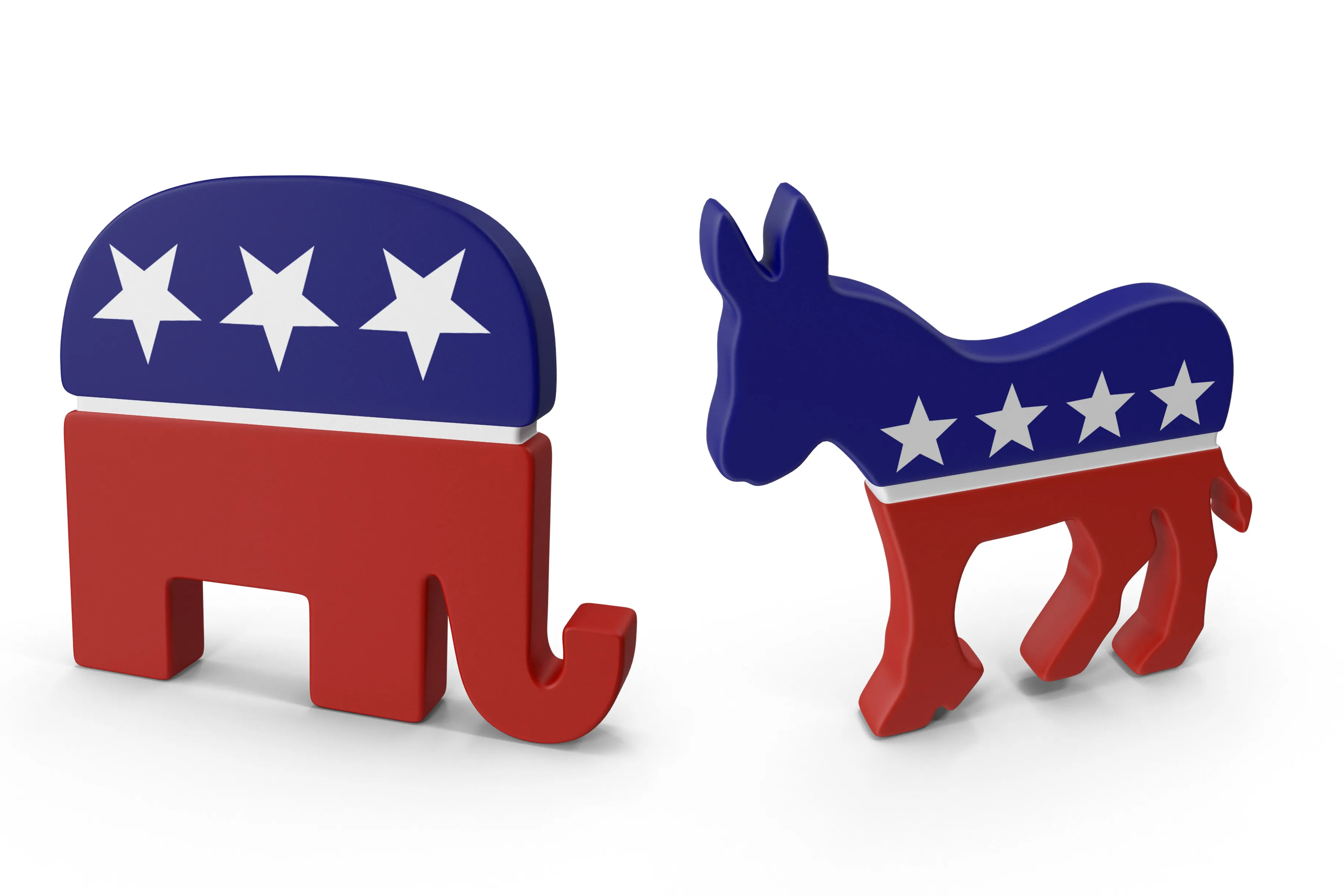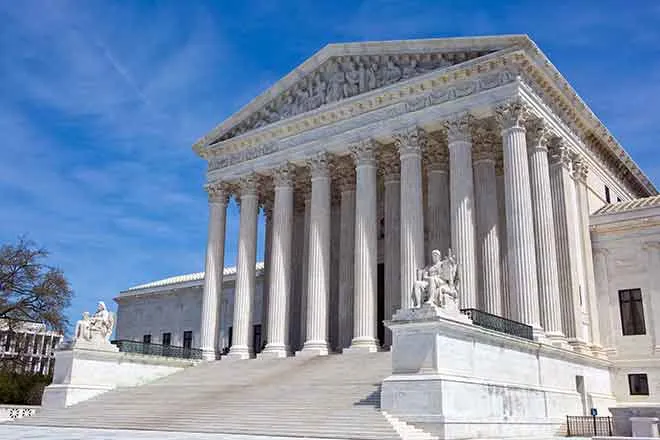
Colorado falls two spots to 36th in annual property tax ranking
(The Center Square) – Colorado fell two places to 36th in the Tax Foundation’s annual ranking on property taxes.
Property assessments are increasing between 35 percent and 45 percent in the Denver metro area, according to a report by nine county assessors, leading Colorado’s future rankings to a likely continuing decline.
Last week, Governor Jared Polis signed into law a bill asking voters to decide whether residential assessment rates should be reduced from 7.15 percent to 6.7 percent in tax year 2023 and 2024 and continue reducing the rate for primary residences. Proposition HH will be on the November ballot and also would “backfill” lost property tax revenue with money from Taxpayer’s Bill of Rights refunds.
However, a lawsuit challenging Prop HH was filed before Polis signed the bill into law. It alleges the title of the ballot is misleading and its multiple separate subjects violate the Colorado Constitution.
The property tax ranking, which is part of the organization’s 2023 Business Tax Climate index, includes an evaluation of state and local taxes on real and personal property, net worth and asset transfers. The property tax rating accounts for 15 percent of each state’s overall score, released later this year.
“Across the nation, property taxes impose one of the most substantial state and local tax burdens most businesses face,” according to a Tax Foundation media release.
It was the second consecutive year Colorado fell in the property tax rankings. The Centennial State was rated 33rd in 2020 and 2021 and fell to 34 in 2022.
The Tax Foundation noted tax rates on commercial property are often higher than rates assessed on residential property. Plus, some states and localities levy taxes on tangible property, such as machinery, equipment and office furniture. Some intangible property, such as patents and trademarks, also are assessed for state and local taxes.
“States are in a better position to attract business investment when they maintain competitive real property tax rates and avoid harmful taxes on tangible personal property, intangible property, wealth and asset transfers,” the foundation stated.
Earlier this month, the Tax Foundation released its ranking of states by individual income tax and sales taxes. Colorado was ranked 14th for its income taxes, the same as 2022 and one slot below its 2020 and 2021 ranking. Colorado was ranked 40th in sales tax rankings, down two spots from 2022. It was ranked 36th in 2021 and 37th in 2020.
















